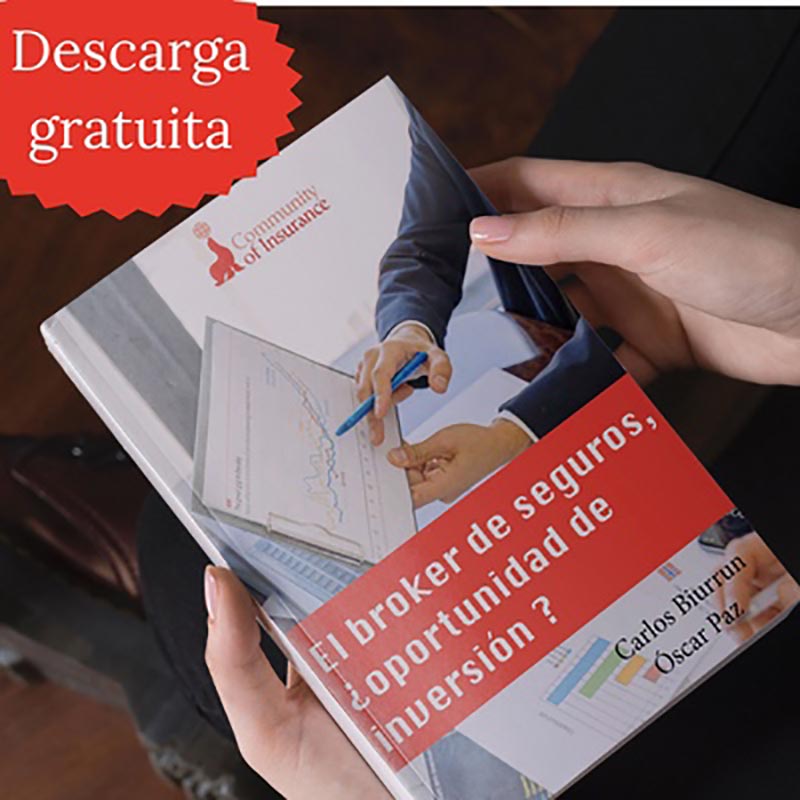[vc_row][vc_column][vc_column_text]

Letter from London by Nicholas Davenport
In my series on Brexit for readers of the blog, Theresa May’s speech is an important milestone.
Many London bien pensants had reached the conclusion that the government’s Brexit policy was doctrinaire, ill thought out and chaotic. The inevitable solution was a disorderly Brexit and an uncontrolled crashing out of the Single Market and the Customs Union. The British economy would burn up in a bonfire of self-harm, to the Schadenfreude of the whole world.
May’s speech changed all that, quite dramatically. She has now taken control of the process and pre-empted the result – in fact identical to the above scenario – by announcing that it is her intention for the UK to come out of the Single Market and the Customs Union.
The only thing that changes is that it is her government that decides that this will be the outcome, and not the rejection of its attempts to negotiate by the other 27 members.
And yet…proving Harold Wilson’s maxim that a week is a long time in politics, things have changed. Whilst Barack Obama declared that if the UK left the EU, it could “go to the back of the queue” for a trade deal with the US, Donald Trump has said that on the contrary, such a deal with the UK will receive the utmost priority and could be signed within weeks. Similar deals are supposedly well on track with India, Australia and New Zealand. Could it be that the UK can succeed in striking out on its own, despite all the opprobrium heaped upon it from Paris, Berlin and Brussels?
Other factors referred to in the speech could play in the UK’s favour in getting some kind of a deal: it is a vital contributor to Europe’s security in terms of counter-terrorism. Its military strength is a deterrent to the adventurism of the Russian president. The tone of the dialogue in the eastern EU has changed in recent weeks, as the border-states realise how dependent they are on the UK’s military in confronting the tangible build-up of Russian forces.
The sotto voce implication in the speech, that if Brussels puts sticks in the wheels of a trade deal, the UK will be forced into becoming a Singapore-style low-tax, free-enterprise competitor to the EU also sends shivers down spines in Brussels.
So maybe it isn’t so difficult to imagine an outcome successful for both the UK and the EU after all. If such an outcome does occur, Theresa May’s speech will be seen in retrospect as a highly significant moment: when the tone changed from Cameron’s begging-bowl approach to Angela Merkel, to a more confident and assertive style, much more likely to achieve a positive result.[/vc_column_text][/vc_column][/vc_row][vc_row][vc_column][vc_basic_grid post_type=»post» max_items=»1″ grid_id=»vc_gid:1485718579849-6f965073-5c13-3″ taxonomies=»821″][/vc_column][/vc_row]






